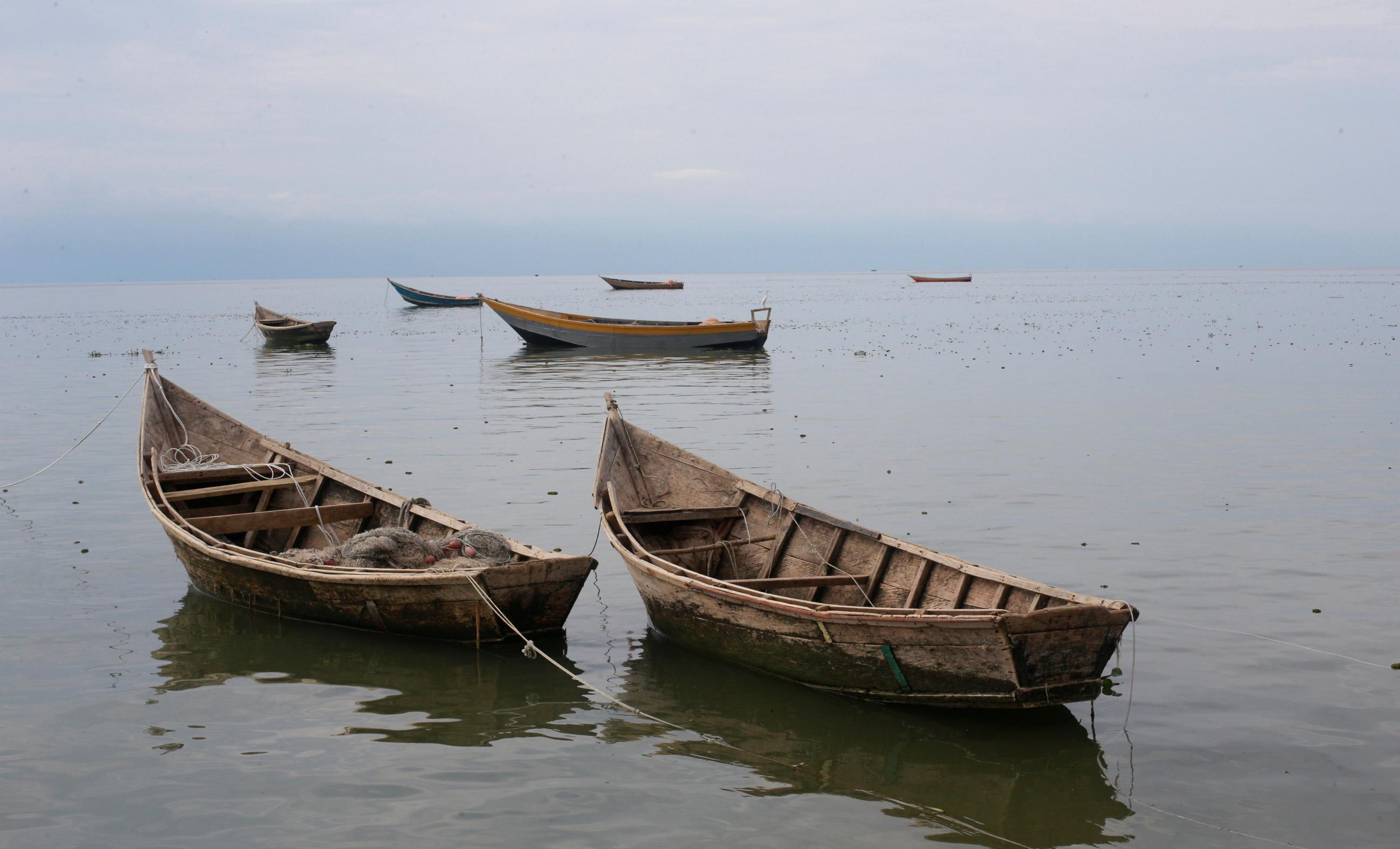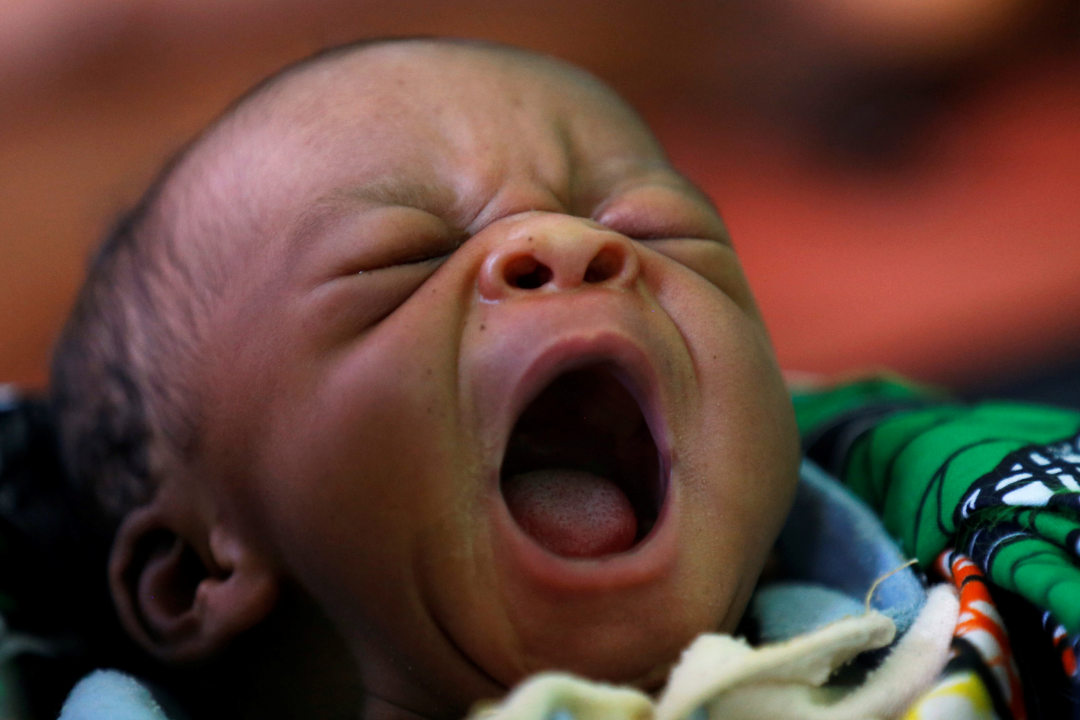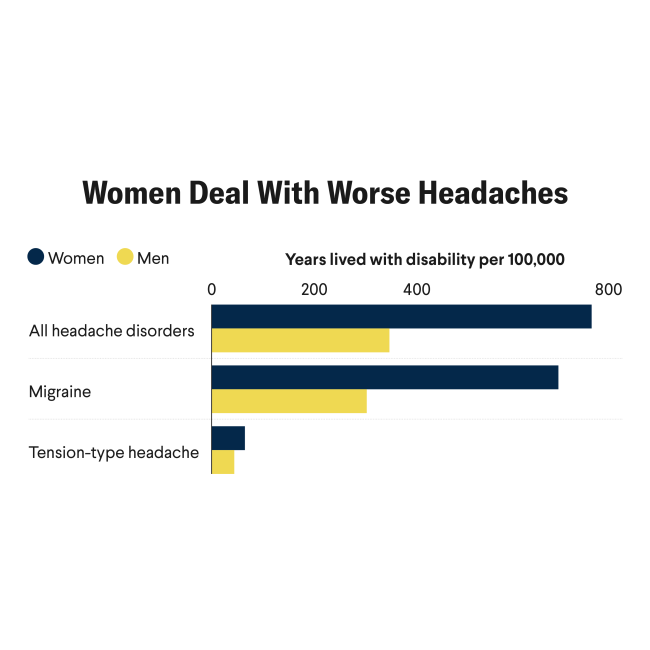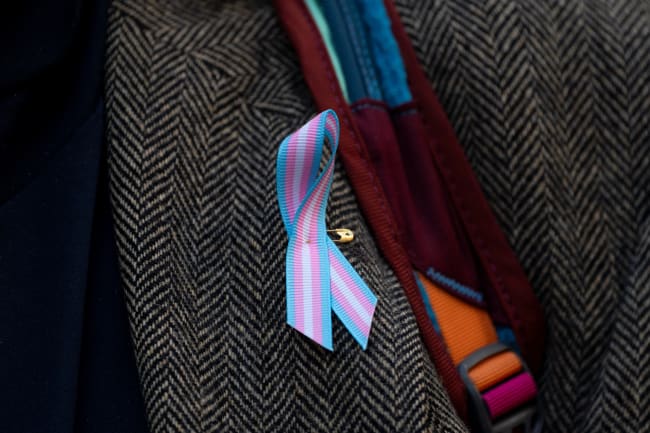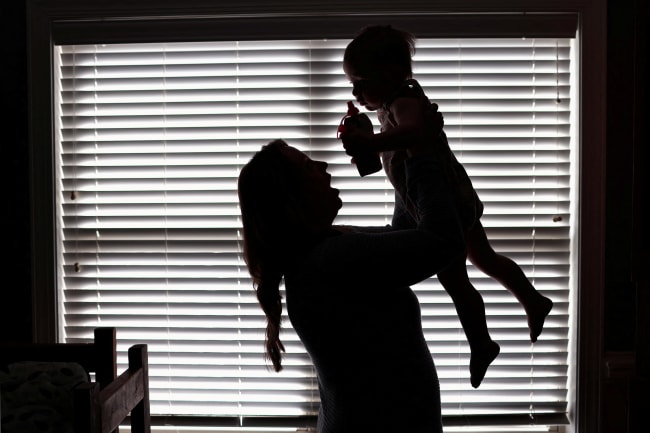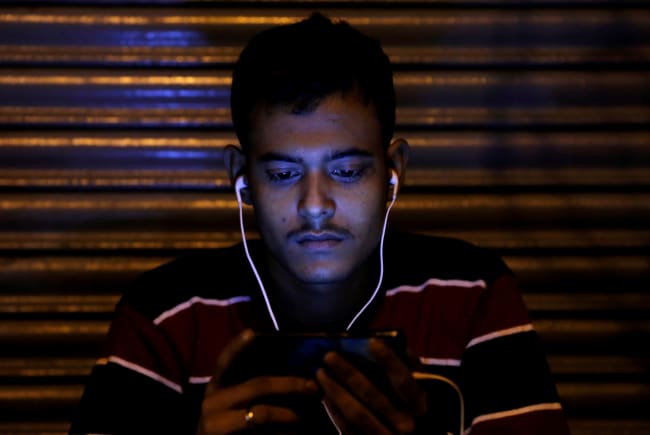It was a hot summer in Wichita, Kansas, and I was spending my days driving clients to and from health-care appointments. I was a health-care advocacy intern for a resettlement agency that provides resources for refugees, asylum seekers, and other new arrivals to the United States. One of the first clients I worked with was a pregnant mother from the Democratic Republic of Congo. We spent many days together in the summer of 2019 as we both anxiously awaited the arrival of her fifth child.
Most days when I knocked on her door to pick her up, her young kids were watching YouTube videos in Swahili on their couch. I used a telephone interpretation service to explain what papers she would need for her OB/GYN appointment. She would change into a colorful dress and heels to see the doctor, and we would drive to the hospital in silence, unless I played Diamond Platnumz, one of the few Swahili artists I knew her family enjoyed.
The number of people admitted to the United States as refugees in 2019
I tried my best to use the interpretation service to prepare her for her appointment, but neither of us ever knew what we would experience. Her appointments were fraught with the silence of uncomfortable providers, the burden of poorly utilized (or unutilized) interpretation, and the evident lack of autonomy she had—due to cultural and lingual barriers—over the decisions being made about her pregnancy.
My client is just one of thousands of refugees who live in the United States who require prenatal and other types of medical care. In 2019, 29,916 persons were admitted to the United States as refugees, and more than 46,000 were granted asylum. The greatest number—12,958 people, or a little more than 43 percent— were from the Democratic Republic of Congo.
In 2016, in Kansas, 914 refugees came to the state, and the majority were from the Democratic Republic of Congo, Burma, and Somalia. More than 300 people from the Democratic Republic of Congo settled in Wichita that year.
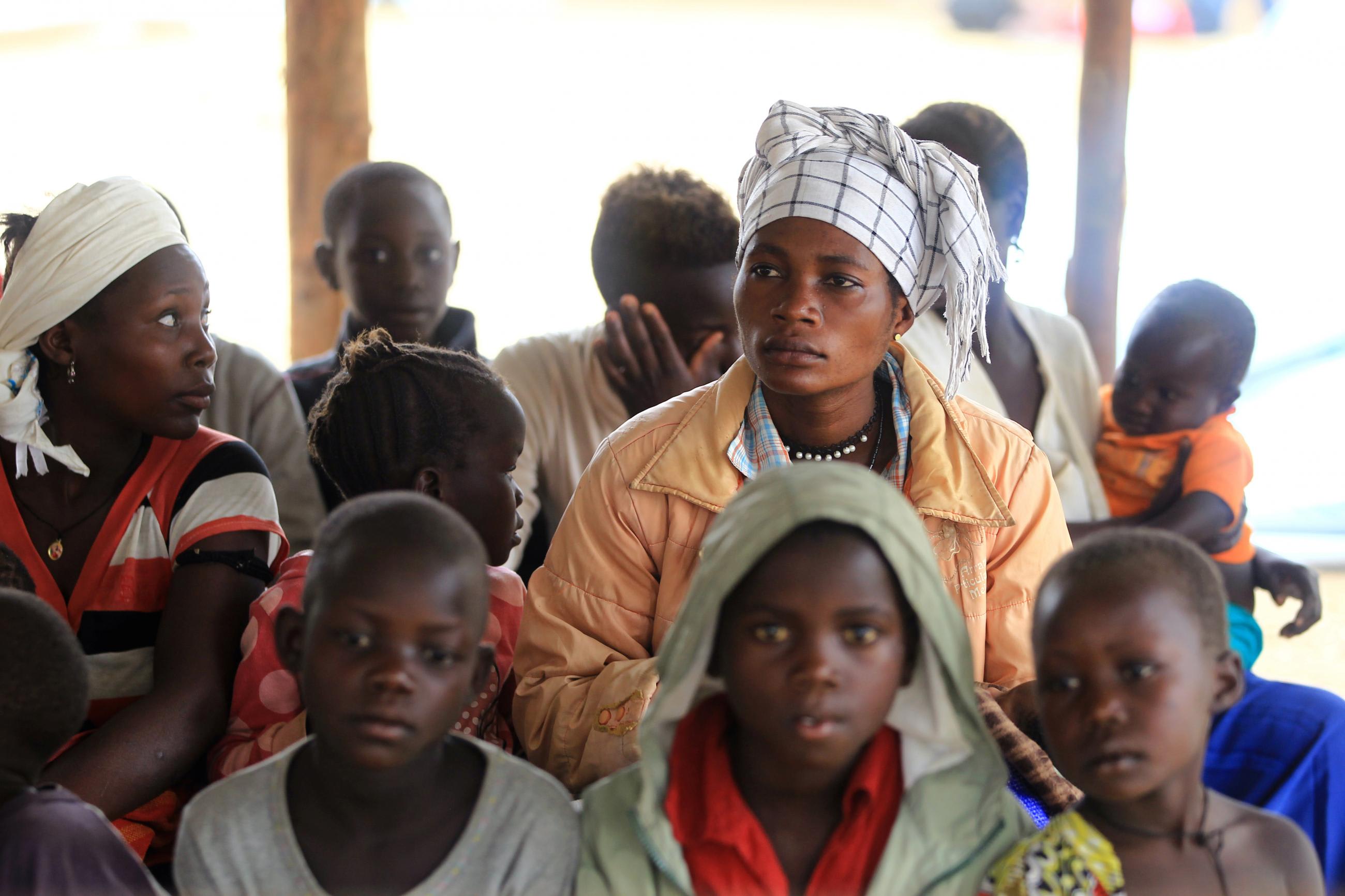
I worked with many pregnant clients from Africa, a majority of whom were around my age and faced numerous barriers to effective health care. Refugees in Kansas have limited health insurance, and care options available to them and many of the medical settings they have access to are ill-prepared for cross-cultural and bilingual interactions.
When I was not on the road and at medical appointments with clients, I filed paperwork and witnessed the applications for insurance that were denied or delayed due to misspellings of African names. The medical services available to our clients were sluggish, less than ideal. I often sat with women for hours waiting for appointments or medications. Once we finally met with health-care providers, they rarely looked their patient in the eye, instead looking to me—the young, white American intern—for the answers to questions such as, "Has she had any pain?" These appointments frustrated and worried me, and gave the clients anxiety, as well.
Another concern I had was whether a hospital setting would have been the first choice of the pregnant Congolese women for the delivery of their children. For some refugees giving birth for the first time in the United States, it would also be their first time having a baby in a hospital setting. In sub-Saharan Africa, approximately 30 percent of births are unattended or have only family members present. This suggests a need for more options that better suit Congolese mothers' wishes for their birth experiences. I wondered if a birth attendant, specifically a doula, could provide better education and advocacy for mothers who are not accustomed to the hospital—especially a U.S. hospital—birth experience.
In the United States, a doula is "a trained professional who provides continuous physical, emotional, and informational support to a mother before, during, and shortly after childbirth to help her achieve the healthiest, most satisfying experience possible." Doulas could help bridge the gap between the non-traditional birth experience some refugee women are accustomed to and the American hospital system currently required by the resettlement agencies that manage health care for migrant women who are pregnant. Findings from a study in the American Journal of Public Health showed that doulas offer specific proven health benefits to their clients, including lower cesarean and preterm birth rates. Beyond the health benefits, the authors recommended that state Medicaid programs consider offering coverage for birth doulas because of the medical savings.
"Once we finally met with health-care providers, they rarely looked their patient in the eye, instead looking to me—the young, white American intern"
The ideal option for pregnant, asylum-seeking women would be doulas from the same cultural and lingual background. This type of service has been successfully implemented by the Priscilla Project. It not only provides access to doulas for refugee women, but trains and matches doulas with patients from the same country or language of origin. The program also offers employment to refugee women who want to become Priscilla Project doulas themselves.
Researchers who studied the Priscilla Project and interviewed doulas from the program identified specific barriers that their clients faced in U.S. health-care settings. The doulas noted that many of their patients had little formal education in their country of origin, which put limitations on interpretation and birthing education opportunities. Many doulas also raised concerns about poor communication with medical providers during pregnancy—that clients experienced fear and frustration with prenatal medical testing—and the shortcomings of interpreters, including limited dialects in the languages provided. Culturally and lingually matched doulas would address these issues and would be the ideal advocates for pregnant refugee women, protecting their needs and wishes.
Language barriers also make it very difficult for refugees who are patients to navigate U.S. health-care system mainstays, including complicated forms, calling and setting up appointments online, and interacting with a wide variety of health-care providers women typically encounter during pregnancy (from medical technicians who provide sonogram services and lab technicians who draw blood, to nurses and administrative staff in OB/GYN offices).
Doulas can also reduce the negative influences of social determinants of health—such as neighborhood settings and economic stability—during pregnancy and childbirth, research suggests. And they can help improve health literacy and autonomy of their pregnant patients. This in turn improves women's access to and quality of health-care services during pregnancy and birth.
As an intern, I watched interpretation fall short. I witnessed inadequate explanations for invasive tests and examinations. During one obstetric appointment, the physician dialed in the telephone interpretation service and used the interpreter on the line to ask the patient if she wanted an internal or external ultrasound. She looked at me for her answer, so I asked the physician to further explain her options. The explanation—through the interpreter—did not seem to provide the patient with any clarity, so the physician recommended an internal ultrasound. Later, the patient used the interpretation service to ask me why the internal exam was necessary. These vulnerable situations require clear communication.
The system is not serving pregnant refugees effectively, and the miscommunications that I witnessed represent a deeper problem with the prenatal care being provided to refugee patients. Improved interpretation, cross-cultural communication, education for pregnant mothers, and doulas could help offer more effective and compassionate delivery of care.
